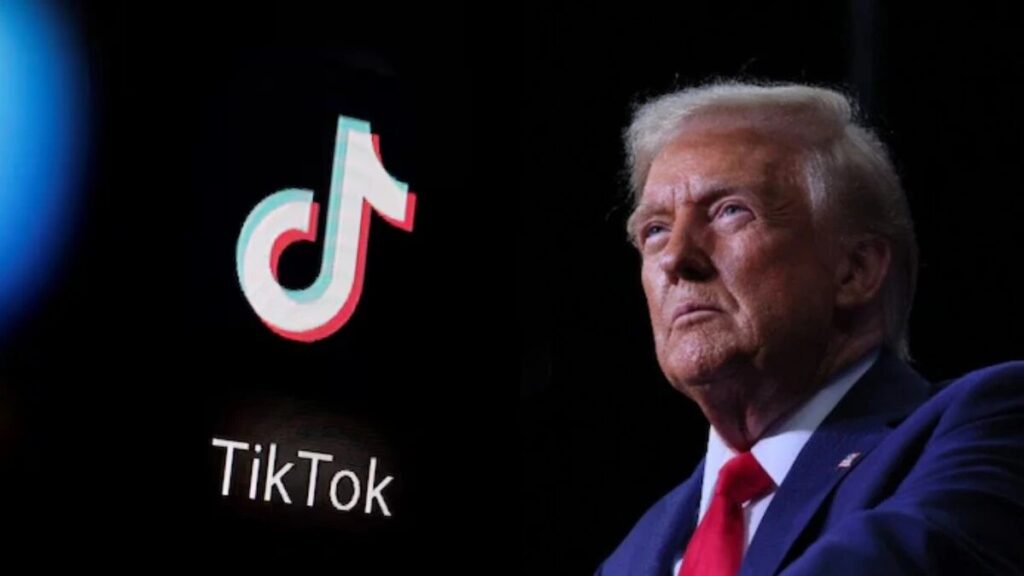US TikTok Ban – As one of the world’s most popular social media platforms, TikTok faces an uncertain future in the United States. On Friday, the Supreme Court heard oral arguments regarding a law that could effectively ban the app nationwide. Signed by President Joe Biden in April 2024, the legislation demands that TikTok’s parent company, ByteDance, divest its U.S. operations or face a ban starting January 19, 2025.
For its 170 million monthly American users, the stakes are high. With the Supreme Court justices signaling support for the law, TikTok’s fate appears grim. But how would such a ban work in practice, and what does it mean for social media in the U.S.?
What’s Happening: The Supreme Court Takes the Stage
The Supreme Court’s hearing revolved around whether the ban violates the First Amendment, as TikTok has argued. However, early indications suggest that the justices are likely to uphold the law, with many questioning TikTok’s defense.
TikTok’s attorney, Noel Francisco, admitted uncertainty about how a ban would be enforced. If implemented, the law could force app stores, service providers, and infrastructure providers to block access to TikTok. “On January 19, as I understand it, we shut down,” Francisco explained.
However, the app wouldn’t simply disappear from users’ devices. TikTok users who already have the app installed may retain limited functionality, but updates and technical support would cease, causing the platform to degrade over time.
The Legal and Political Chess Game
The Biden administration’s push for a ban reflects growing concerns over TikTok’s ties to the Chinese government through its parent company, ByteDance. Critics argue that TikTok’s vast user data could be exploited by Beijing for surveillance or propaganda. TikTok denies these allegations, emphasizing its efforts to localize U.S. user data.
Adding another layer of complexity, former President Donald Trump has weighed in on the debate. Trump submitted a brief to the court urging a delay in the ban, potentially giving him time, as president, to broker a sale of TikTok’s U.S. operations.
Legal experts note that a new administration could choose not to enforce the law, but companies like Apple and Google may still hesitate to violate it. Justice Sonia Sotomayor highlighted this dilemma during the hearing, saying, “Whatever the new president does, doesn’t change that reality for these companies.”
How a TikTok Ban Could Impact the U.S. Tech Landscape
A nationwide TikTok ban would set a historic precedent, marking the first time the U.S. government has shut down a major social media platform. This move could reshape the digital landscape and spark new debates on data privacy, censorship, and the role of technology in global geopolitics.



